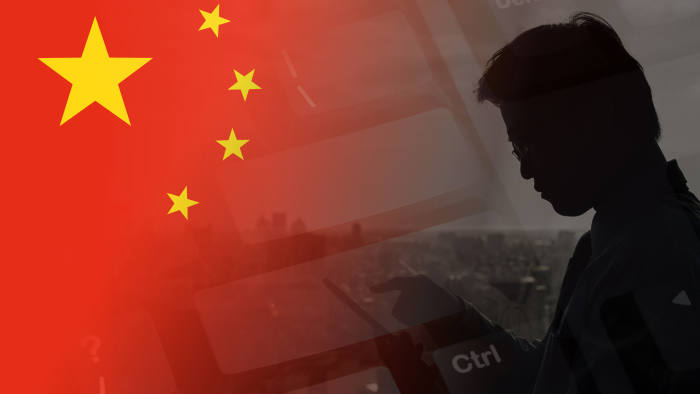
Picture this: a decade of credit building suddenly amounts to nil, because everywhere you turn, banks shun based on your web-browsing history. Sounds almost inconceivable in the West — but in the East — it’s quickly becoming a reality. China is reportedly testing out a new form of social infrastructure that ranks citizens according to their financial and social behavior, living out the nightmare scenario portrayed in the dystopian Netflix series Black Mirror .
Beginning with the eastern city of Hangzhou and 29 other locations, local Chinese governments are amassing a digital database on all of its citizens, reports the Wall Street Journal . The so-called social credit system logs and evaluates citizens’ day-to-day behavior, assigning a credit score for each person based on the subjective truths held by a central government.
The new credit rating is part of a government initiative to increase lending to hundreds of millions of Chinese citizens who seek small business loans or consumer credit but lack financial collateral or credit history. At the same time, the social component hopes to curb undesirable behavior and resolve what Wang Zhicheng, a professor at Peking University’s Guanghua School of Management, refers to as a “crisis in ethics” in contemporary China.
“People don’t think that credit or integrity is important,” Zhicheng says. “That is what the [broader state] system is intended to do — raise the cost of unethical behavior.”
Scores generated by the “personal credit information system” affect all aspects of a person’s daily life, from loans and insurance coverage qualifications to travel accommodations and transportation. According to the WSJ , initial logs only take note of minor “infractions such as fare cheating, jaywalking, and violating family-planning rules,” but proponents envision a system that evaluates online behavior — a goal they hope to accomplish by 2020.
Whether China’s technological prowess lives up to its 2020 timeline remains questionable. Critics argue that centralizing, verifying, and processing 1.4 billion people’s data requires innovating by orders of magnitude beyond current capabilities. Not only are 30 prototype databases mutually exclusive, but they rely on publicly available data, and China’s internet is rife with artificial data, profiles, and transactions. “China has a long way to go before it assigns everyone a score. If it wants to do that, it needs to work on the accuracy of the data. At the moment, it’s ‘garbage in, garbage out,” Zhicheng told the Financial Times .
Others feel that China’s rapid development, combined with profit-driven private companies, authoritarian politics, and weak civil liberties, create a dangerous merger of big data and big brother. Left unchallenged, the personal credit information system can potentially rank citizens based on “patriotic” values, such as whether they buy domestic goods or participate in nationalism.
At this point, it’s too early to say whether the rating system is an extreme measure in response cultural depravity or a tactic of totalitarian control. How China plans to consolidate data across government departments, provinces, cities, and districts remains to be seen.
Source: MIT Tech Review
Advertisement
Learn more about Electronic Products Magazine





